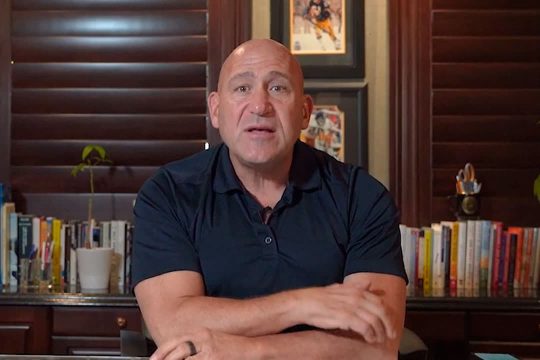Steps to be taken following a personal injury
Seek medical attention to receive adequate treatment and attestation of damage
Whether you’ve been hit by a car; injured by a slip and fall; or suffered abuse by a professional; your first step should be getting treatment. If you plan on taking your case to court, you must go to the emergency room immediately and receive a thorough medical evaluation.
If you do not act upon your injury as soon as possible, the opposing insurance company has grounds to argue that you’re not injured. By seeking treatment right after the accident, you remove the insurance company, corporation, or opposing party’s ability to deny your claim from the offshoot. During the trial, this medical attestation will become one of the cornerstones of your case.
Call LaBovick Law Group: if you have been injured in an accident, it is important to seek legal help
If you’ve been injured in an accident, it’s important to seek legal helpOne of the most pertinent things to consider when pursuing a personal injury claim is the statute of limitations. If you’re the victim, with the help of LaBovick you may be eligible for a sizable financial compensation. In order to claim this compensation, you must file a lawsuit within a certain time frame. If you miss the window, you forfeit your right to file a personal injury claim and remove the possibility of ever receiving justice through compensation. This rule is strict enough that it is applied to your case from the moment you get injured and there are virtually no exceptions.
Let us build, defend and win the case for you
If you’ve been recently injured in an accident or by the fault of another, there is no time to wait. Call us immediately so we can assess your case and start you on the path to financial compensation. Our Florida personal injury attorneys can handle all the fine print so you can recover stress-free.
The amount of compensation you can get from a settlement
The wrongful injury of you or a loved one creates an immense financial burden. It’s no secret that going to court depletes both your time and money. The final settlement of a personal injury lawsuit is contingent on many factors.
One of the first things to consider is your medical bills and finances. How much is your existing treatment? What is the projected cost of the future treatment you may require? What are the financial ramifications of your lost wages and income during recovery? All of these factors are specific to your case and your unique lifestyle. In certain circumstances, the judge may also award punitive damages.
Since we can’t generalize the average settlement in a personal injury case, we invite you to find out how much your case may be worth with the predictive power of our personal injury calculator.
The process is simple:
- Clarify the specifics of your accident.
- Fill in your name, email, and phone number.
- Submit.
Once your information lands safely in our hands, one of our knowledgeable personal injury lawyers will take over. By analyzing the facts of the situation and determining the viability of your case, we will be able to get back to you with an accurate estimate.
This confidential case evaluation is free and you are under no obligation to retain our services.
The benefits of working with LaBovick Florida personal injury attorneys
A high-level commitment to your case
LaBovick Law Group is proud to represent everyday people who need a contingency litigation firm. In a world where law firms come in all sizes and specializations, we occupy the much-needed space between boutique and corporate. We are big enough to take on any insurance company or corporation, but small enough to ensure every client can know and trust their attorney and paralegal.
At LaBovick Law Group every case is an important part of our firm. Our clients are the reason we exist and we stop at nothing to make sure each and everyone receives the justice they deserve. That’s the LaBovick advantage.
No fees unless we win the trial
LaBovick Law Group believes quality legal representation is a right, not a privilege. That’s why we are proud to provide our services on a contingency fee basis. This means you only pay us if and when we win your personal injury case. Our fee is a reasonable percentage of the settlement we secure so you walk away with money in your pocket and justice for your accident.
A personalized attention to our clients’ needs
We look at our clients as people, not personal injury cases. The manageable size of our firm promises that all of our clients receive the individualized attention they deserve. When you hand your case off to a LaBovick Florida personal injury attorney you make a valuable connection you can use for life.
We are proud to boast a 5-star rating on BirdEye reviews.
Contact LaBovick personal injury attorney today to discuss your case
If you, a friend, or a loved one have been injured or victimized in a Florida accident, don’t wait to take action. LaBovick Law Group is here to assist you now and until we win. Florida residents seeking to file a personal injury lawsuit are encouraged to call us immediately at (561) 623-3681!
















